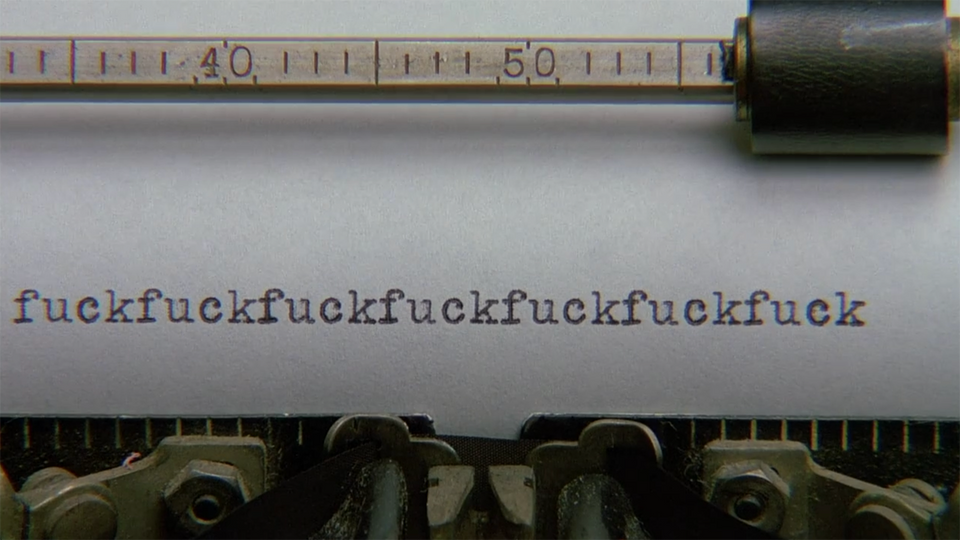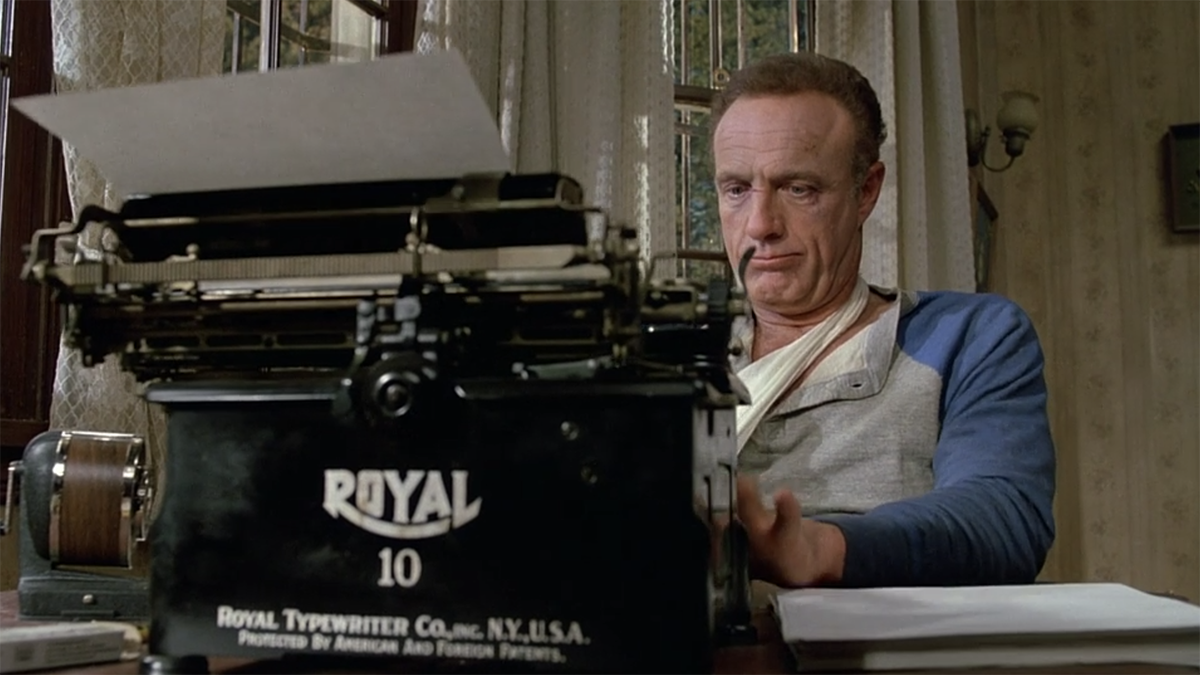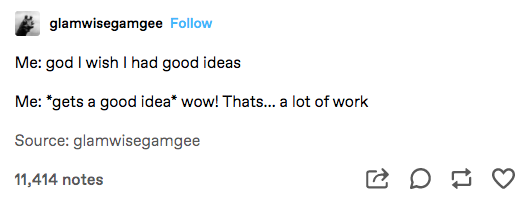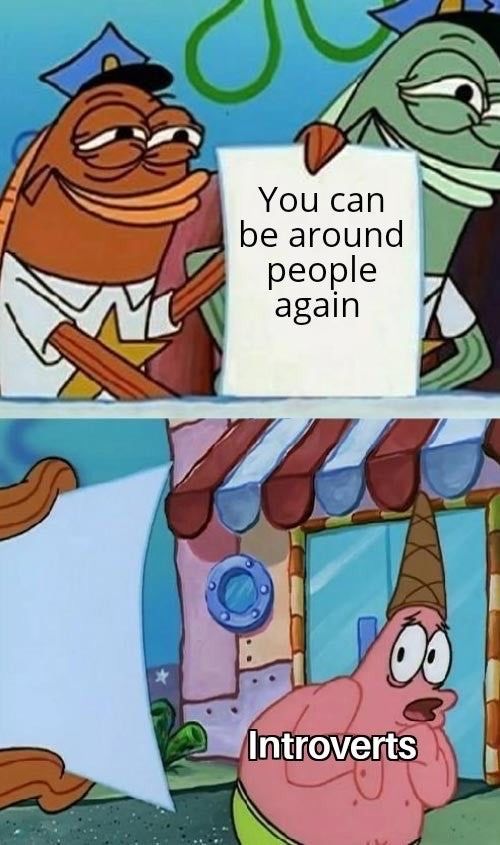Issue 29: Fairness vs. realism

You may notice this newsletter looks different! I’ve moved from Mailchimp to self-hosting using Ghost. You can explore the complete archive here. Many thanks to Yanyi, who allowed me to take a trial run of a workshop he’ll be offering on independent self-hosted email newsletters. I’ve done my best to migrate all the subscribers over but if there’s anything wonky, please let me know!
(minor spoilers follow for F9 and Misery)
Partway through F9, the latest installment of the Fast & Furious franchise, I leaned over to E and whispered, “Reminds me of Annie Wilkes. It’s not realistic, but it’s fair.”
I wasn’t referring to the powerful magnets flipping cars off the road or the literal rocket engine attached to a Pontiac Fiero destined for orbit. I was talking about the reveal that Dominic Toretto, hero of the franchise since it started 20 years ago, had a secret estranged brother played by John Cena. Oh and Han, who died in a car wreck in Tokyo Drift, was inexplicably alive.
So why was I talking about Stephen King’s 1987 horror novel while Ludacris and Co. were speeding across a field of landmines?


Misery is about an author who’s held hostage by his “number one fan,” diving into meta (and still highly relevant) topics around the craft of writing, publishing, the relationship between artists and their audiences, and toxic fandom. Paul Sheldon, historical romance novelist of the Misery Chastain books, feels trapped by his genre and kills off his titular protagonist in order to write something more “literary.” But when Annie Wilkes finds Paul after a car accident, she tortures him into writing a new Misery book.
Annie is disappointed in his first attempt, which wriggles its way around the fact that Misery had seemingly died in childbirth and was currently buried in the graveyard. Paul is strangely appreciative of her feedback, observing that “she really was Constant Reader, but Constant Reader did not mean Constant Sap. She would not allow him to kill Misery...but neither would she allow him to cheat Misery back to life.”
She recalls the weekly chapter-plays she saw at the movies growing up. In one episode, the bad guy welds Rocket Man shut in a car and sends him down a mountain road where it crashes and goes up in flames. (Maybe there are more parallels to F9 than I realized. Paul’s literary novel is literally called Fast Cars!) But the following week, rather than picking up where it left off, Rocket Man jumps out of the car before the car goes over the cliff. While the audience cheers, Annie screams at the unfairness of it all.
Which brings Paul to the realization that “realism was not necessary; fairness was.”
The Fast & Furious franchise is a prime example of this. As Alison Willmore says, “They’re like a writing exercise in which anything may be possible—F9 goes to outer space—but only if it’s then fit into the overall emotional continuity.”
Obviously, depending on the kind of writing you’re doing, realism may be equally important. If you’re writing historical fiction, you probably don’t want to be playing Doctor Who with facts and figures. But as a storytelling guideline, I like the idea of prioritizing fairness over realism. This doesn’t necessarily mean relying on a deus ex machina. It means you shouldn’t cheat the audience or yourself. Fairness is really narrative fairness—plot continuity, meaningful engagement with themes, faithful characterization and character development (glaring daggers at D&D for season 8 of Game of Thrones).
By focusing on fairness, it provides a north star. At the same time, it expands the realm of possibility for the writing. As an author, you get to decide what is considered “fair” given your genre and characters. In romance novels, the fairness lies most with why the couple can’t be together and how they’ll eventually overcome their obstacles. In mysteries, the fairness lies in the detective work and red herrings. You set up the mechanics of the world. But then, you get to tinker.
Yes, the Fast & Furious franchise is about increasingly unbelievable stunts and action sequences. In this world, you can never get hurt so long as you fall on top of a moving car. But that’s exactly the point! We don’t expect that kind of realism. We expect fairness when it comes to the Fast Family and their dynamics, which is what’s truly at the heart of these movies.
Fairness produces far more interesting stories than realism alone. How else would we get serial killer nurses and sports cars jumping between Abu Dhabi skyscrapers?


Creative resources
- Haley Nahman’s excellent flow chart for how to deal with writer’s block.
- Get tickets for Electric Literature’s virtual summer salon series which aim to demystify the craft of writing and the publishing process. Their July events include submissions, how to pitch and edit an anthology, and how to get a literary agent.
- A great thread from DonYe Taylor about overcoming creative paralysis. My favorite piece of advice: “stop over consuming ‘help’ - it doesn't matter how many e-books i bought, or how many online courses I enrolled in if I was not FOCUSED. Seeking outside help before I did internal work would leave me even more creatively paralyzed than before.”
- Jaime Green on why you should be reading romance novels (published in 2019 but this is evergreen): “Books don’t need to be sad or challenging to be worthwhile. Sometimes you need to replenish your stores of good feelings, to remind yourself that stories can end happily, that people can fall in love.”
- Check out Kundiman’s new August online classes! I recently took a food writing class with them and had a fantastic experience.
Recent reads & other media
F9 was my triumphant return to the movie theater! After finishing Misery, E and I watched the movie. I weirdly preferred the gruesomeness of the book because Paul's addiction feels like such a crucial part of the story. But the movie, which is more psychological thriller than horror, is still a great adaptation and rightfully won Kathy Bates an Oscar.
I read Aubrey Gordon’s excellent book What We Don't Talk About When We Talk About Fat. Rather than discussing body positivity in relation to self-esteem and personal change, she discusses the systemic issues and cultural attitudes that fat people face, from legal weight discrimination to healthcare access to violence. I’ve been following her work since she wrote under the pseudonym of Your Fat Friend and her writing has been integral in helping me reimagine how we see, talk about, and treat other bodies and ourselves. Maintenance Phase, her podcast with Michael Hobbes, is also worth a listen.
Note: Book links are connected to my Bookshop affiliate page. If you purchase a book from there, you'll be supporting my work and local independent bookstores!
~ meme myself and i ~
Sad about all the bad things that have happened to me. ‘good 4 u’ but only the encouraging parts. Obsessed with John Harrison’s tasting method as Dreyer’s Official Taste Tester. Dog attempts to eat his own fur. I’m not the main character, I’m the imprudent clergyman. When you’re at a karaoke bar at 3am.

